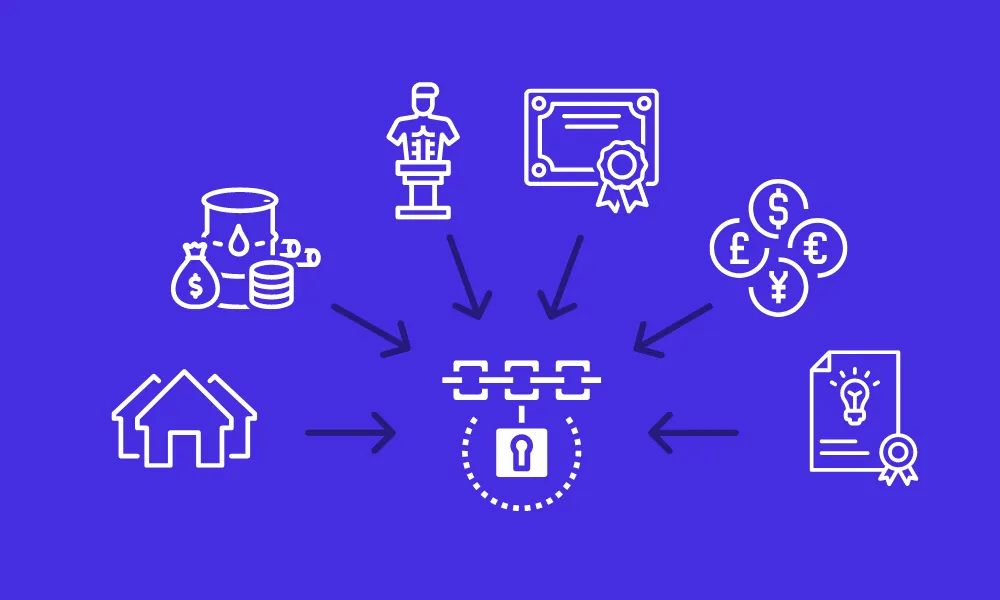The cryptocurrency and blockchain space is a hotbed of innovation, offering endless possibilities for revolutionizing industries from finance to supply chain management. However, launching a successful crypto project often requires substantial funding, especially during the early stages when traditional venture capital may be hard to come by. This is where grants for crypto projects come into play. These grants provide vital financial support without the need to give up equity, allowing developers and entrepreneurs to focus on building their vision. In this article, we’ll explore the various types of grants available, how to apply for them, and what you need to know to increase your chances of securing funding.
Why Grants are Essential for Crypto Projects
In the fast-evolving world of cryptocurrency and blockchain, grants play a critical role in fostering innovation. Unlike traditional funding sources, such as venture capital or angel investments, grants do not require the recipient to give up equity or repay the funds. This non-dilutive funding is particularly beneficial for early-stage projects that need capital to develop their technology, build their teams, or scale their operations without the pressure of immediate financial returns.
Grants are often provided by foundations, decentralized autonomous organizations (DAOs), blockchain networks, and even government bodies. These entities are typically motivated by a desire to support the development of the blockchain ecosystem as a whole. By offering grants, they can help nurture promising projects that align with their vision and contribute to the broader adoption and advancement of blockchain technology.
Types of Grants for Crypto Projects

Grants for crypto projects come in various forms, each with its own eligibility criteria, funding amounts, and focus areas. Understanding the different types of grants available can help you identify the best opportunities for your project.
- Foundation Grants: Many blockchain networks have established foundations that offer grants to projects building on their platform. For example, the Ethereum Foundation provides grants to projects that contribute to the Ethereum ecosystem, whether through technical development, community building, or research. Other notable foundations include the Web3 Foundation, which supports projects related to the Polkadot network, and the Algorand Foundation, which funds initiatives that advance the Algorand blockchain.
- DAO Grants: Decentralized Autonomous Organizations (DAOs) are community-driven entities that often have their own treasury, funded by token holders. DAOs can allocate funds to projects that align with their goals, such as enhancing the DAO’s ecosystem, developing new tools, or promoting decentralization. Examples of DAOs that offer grants include MolochDAO and Gitcoin Grants, which support open-source development and public goods in the crypto space.
- Government Grants: Some governments recognize the potential of blockchain technology and offer grants to encourage innovation in this field. These grants may be part of broader tech or innovation programs and can provide substantial funding to projects that meet specific criteria. For instance, the European Union’s Horizon 2020 program has provided grants to blockchain projects focused on research and development.
- Corporate Grants: Some large corporations with a stake in the blockchain industry offer grants to support projects that align with their strategic interests. For example, Ripple’s Xpring initiative has provided grants to projects that enhance the XRP Ledger and its ecosystem. Similarly, Binance’s Launchpad and Labs programs offer funding to promising blockchain startups and developers.
- Hackathon Prizes: While not traditional grants, hackathons often offer significant prizes that can serve as seed funding for crypto projects. These events, hosted by blockchain platforms, universities, and companies, challenge developers to create innovative solutions within a short time frame. Winning a hackathon can provide both funding and visibility for your project, potentially opening doors to further grant opportunities.
How to Apply for Crypto Project Grants
Securing a grant for your crypto project requires a strategic approach. Grant providers typically look for projects that demonstrate a strong potential for success, align with their mission, and offer tangible benefits to the blockchain ecosystem. Here are the key steps to consider when applying for a grant:
- Research Grant Opportunities: Start by identifying the grants that best match your project’s goals and stage of development. Review the eligibility criteria, funding amounts, and application deadlines. It’s also important to understand the focus areas of each grant provider, whether it’s technical development, community building, or ecosystem growth.
- Prepare a Strong Proposal: Your grant proposal is your opportunity to showcase your project’s potential and convince the grant provider to invest in your vision. A strong proposal should include a clear and concise description of your project, its goals, and how it aligns with the grant provider’s mission. Be sure to highlight the problem your project solves, the technology behind it, and your team’s qualifications. Include a detailed budget and timeline, showing how the grant funds will be used to achieve specific milestones.
- Demonstrate Value: Grant providers are looking for projects that can deliver tangible value to the blockchain ecosystem. This could be in the form of technical innovation, community engagement, or contributions to the broader adoption of blockchain technology. Be sure to articulate the impact your project will have and how it will benefit the grant provider’s platform or mission.
- Leverage Existing Work: If you have already made progress on your project, such as developing a prototype or building a community, be sure to showcase this in your application. Demonstrating that you have already invested time and resources into your project can increase your credibility and show that you are serious about bringing your vision to life.
- Seek Feedback: Before submitting your grant application, seek feedback from peers, mentors, or advisors who have experience in the crypto space. They can provide valuable insights and help you refine your proposal to increase its chances of success.
- Build Relationships: Networking is a crucial part of the grant application process. Engage with the grant provider’s community, participate in relevant events, and connect with other grant recipients. Building relationships with key stakeholders can increase your visibility and help you stay informed about new grant opportunities.
What to Expect After Securing a Grant

Securing a grant is a significant achievement, but it’s only the beginning of your journey. Once you receive funding, it’s essential to deliver on your promises and maintain a positive relationship with the grant provider. Here’s what to expect after securing a grant:
- Milestone Reporting: Many grant providers require recipients to report on their progress at regular intervals. This could involve submitting written updates, financial reports, or presentations. Be sure to meet these reporting requirements and communicate any challenges or delays you encounter. Transparency is key to maintaining the grant provider’s trust and potentially securing additional funding in the future.
- Community Engagement: If your grant is tied to a specific blockchain platform or DAO, it’s important to stay engaged with the community. Participate in discussions, share your progress, and contribute to the ecosystem. Active community engagement can help you build a strong support network and increase the visibility of your project.
- Focus on Deliverables: Grants are typically tied to specific milestones or deliverables, such as developing a certain feature or launching a beta version of your project. Stay focused on achieving these milestones and ensure that the grant funds are used efficiently to reach your goals.
- Long-Term Planning: While grants provide crucial early-stage funding, it’s important to plan for the long-term sustainability of your project. Consider how you will generate revenue, attract users, and secure additional funding as your project grows. A successful grant can serve as a stepping stone to further investment opportunities, including venture capital or token sales.
Grants for crypto projects offer a unique opportunity to secure funding without the need to give up equity or take on debt. By understanding the different types of grants available, preparing a strong application, and delivering on your promises, you can unlock the financial support needed to bring your vision to life.
Whether you’re developing a new blockchain protocol, building a decentralized application, or contributing to the growth of a specific ecosystem, grants can provide the resources you need to succeed. As the cryptocurrency space continues to evolve, the availability of grants is likely to grow, offering even more opportunities for innovative projects to thrive. Take the time to explore the grant landscape, craft a compelling proposal, and position your project for success in the dynamic world of crypto.

